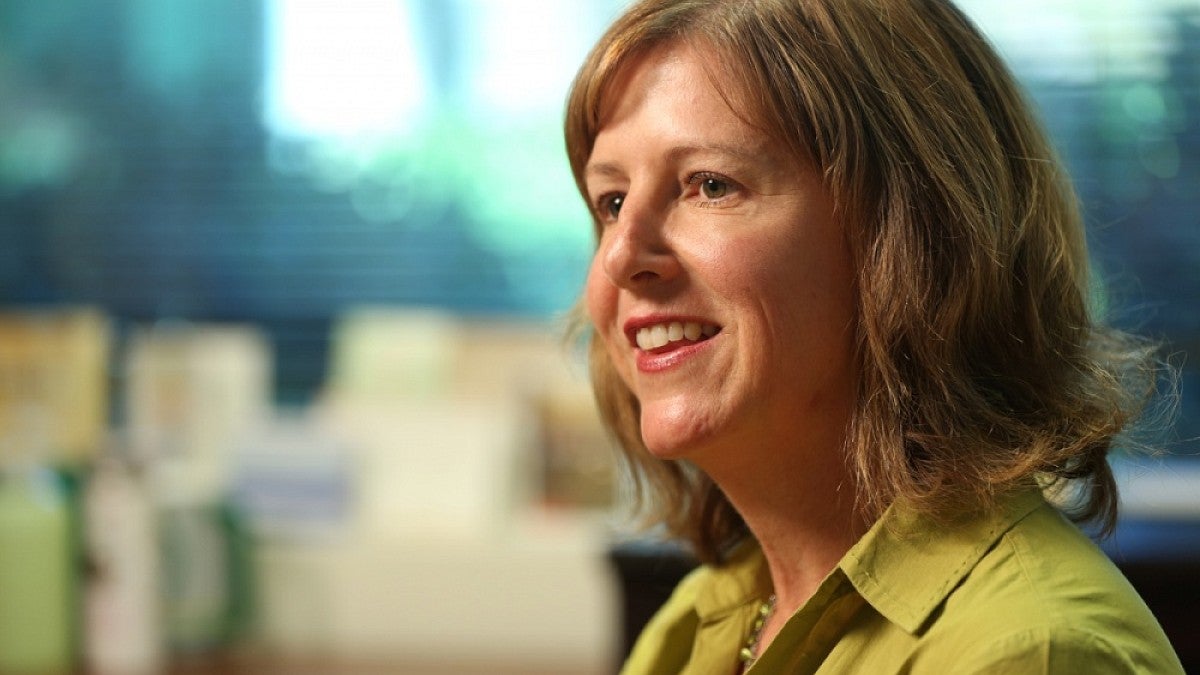The days of medical researchers working alone may be past — according to one researcher, it’s increasingly hard to get funding for individual lab research from the National Institutes of Health, which invests more than $32 billion each year in grants.
But all that means is there’s more opportunities for interdisciplinary work, bringing experts from multiple fields together in a single study. One such study is being done by Leslie Leve, a counseling psychology and human services professor at the UO’s College of Education.
Working with psychologists, physicians, psychiatrists, social workers, geneticists and environmental scientists, she is in the midst of a seven-year study of Environmental Influences on Child Health Outcomes, or ECHO. It will study the effect of a broad range of early environmental influences on child health and development.
“Everyone is coming from different philosophical backgrounds,” she said. “In the end, that produces really novel, innovative science.”
However, running such a large-scale operation is not easy, and cooperation is key. “You have to be willing to hear other perspectives, other paradigms, and consider them in your research methodology,” Leve said.
For more, see “Open opportunities to do collaborative research” on the American Psychological Association website.
Before she joined the College of Education, Leve was trained as a developmental psychologist. She has spent more than a decade following families with children, either by birth or adoption, to look at the effects of genes compared to parenting on a child’s development.


